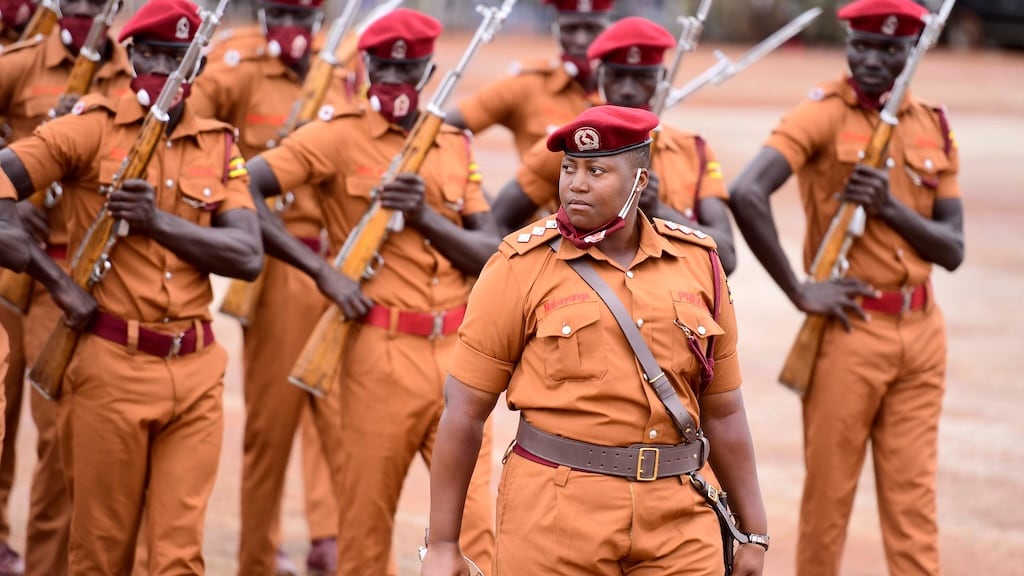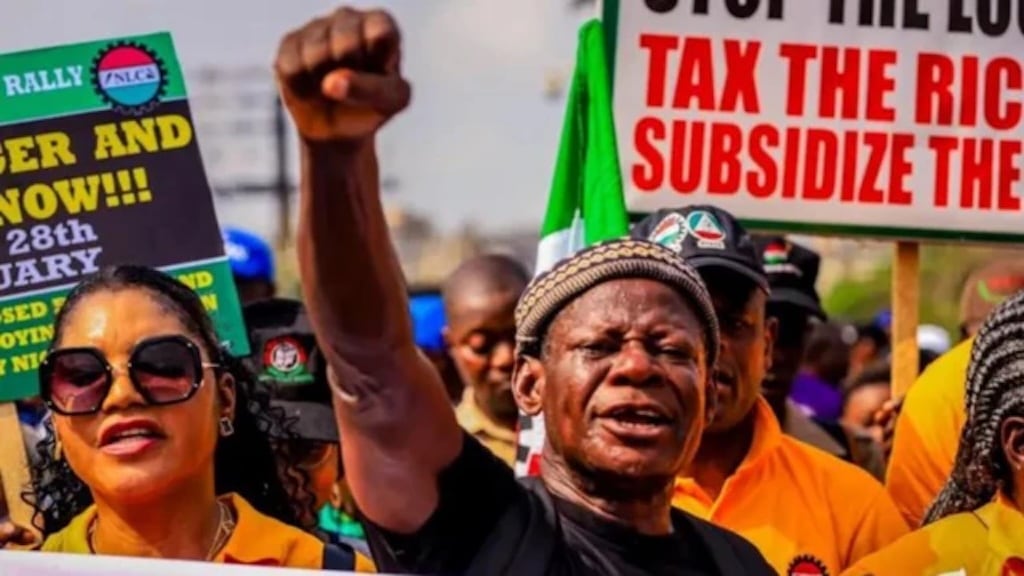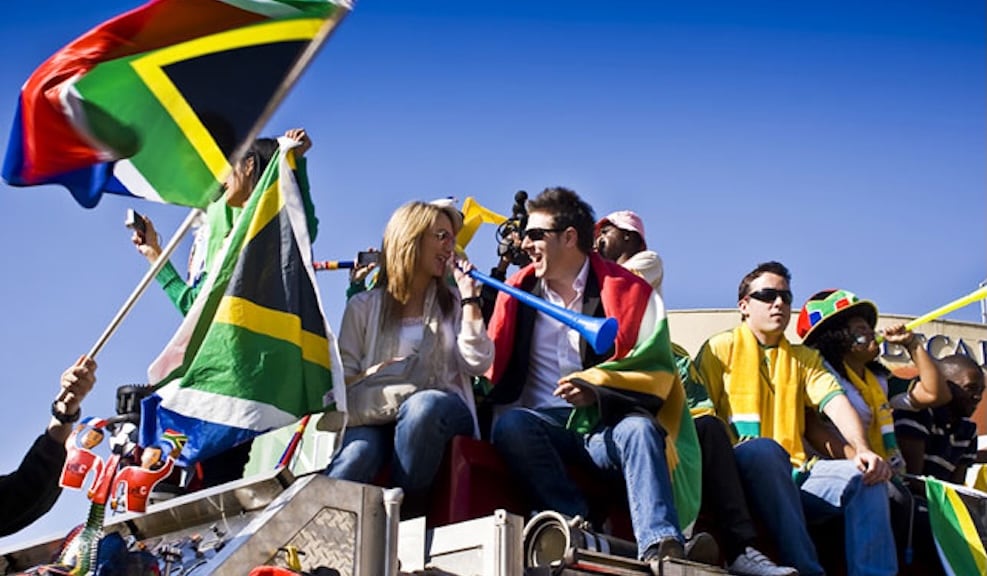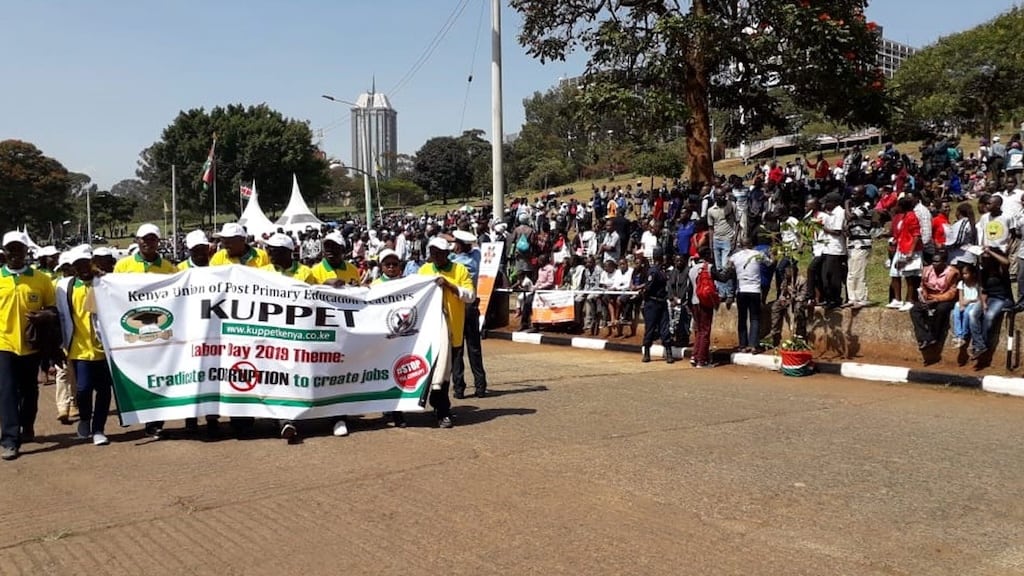Labour Day in Africa
Labour Day in Africa
Labour Day, often synonymous with International Workers' Day, is observed on May 1st in numerous African nations. This significant day is dedicated to honoring the invaluable contributions of workers to society and commemorating the historical struggles and achievements of the labor movement.

It serves as a powerful reminder of the ongoing fight for fair wages, safe working conditions, and social justice across the continent. While the specific traditions may vary, the core message of solidarity and recognition of labor remains consistent, making it a pivotal moment for both reflection and celebration.
Overview of the Day's Significance
Labour Day's roots trace back to the late 19th century, emerging from the labor movement's demands for an eight-hour workday. In Africa, the observance of Labour Day gained prominence as countries achieved independence, aligning with the broader aspirations for economic self-determination and improved living standards for their citizens.
It is a day when governments, trade unions, and civil society organizations come together to acknowledge the dignity of labor and to advocate for policies that protect and empower workers. The day also highlights the importance of collective bargaining and the role of unions in shaping equitable labor practices. Beyond formal ceremonies, it is a day for communities to reflect on the socio-economic progress made and the challenges that still lie ahead in ensuring decent work for all.
Celebrations by Country
Labour Day is marked by various activities across African countries, often involving parades, rallies, and official addresses by heads of state.
🇳🇬 Nigeria: Marches and Presidential Addresses
- Location: Nationwide
- Unique Features: In Nigeria, Labour Day is a public holiday characterized by organized marches by trade unions and workers' associations. The President typically delivers a national address, outlining government policies on labor and economic development.
Name of the Celebration: Workers' Day
Country and Region: Nigeria
Historical Background and Cultural Significance: Nigeria's Labour Day celebrations are deeply rooted in its post-independence history, reflecting the nation's commitment to workers' welfare. The day is a platform for unions to voice their concerns and for the government to reaffirm its dedication to improving labor conditions. It also serves as a reminder of the collective power of the workforce in national development.

Typical Activities: Workers, often dressed in their union regalia, march through major cities, culminating in rallies where labor leaders present their demands and aspirations. Cultural performances and solidarity songs are also common.
Interesting Facts: Nigerian labor unions have historically played a significant role in the country's political and economic landscape, making Labour Day a powerful demonstration of their influence.
🇿🇦 South Africa: Rallies and Policy Discussions
- Location: Nationwide
- Unique Features: South Africa's Labour Day is a vibrant affair, with large-scale rallies and gatherings organized by major trade union federations. These events often feature prominent political figures and serve as forums for discussing labor policies and socio-economic issues.
Name of the Celebration: Workers' Day
Country and Region: South Africa
Historical Background and Cultural Significance: Given South Africa's history of apartheid and the struggle for workers' rights, Labour Day holds profound significance. It commemorates the sacrifices made by workers in the fight against oppression and for a democratic, equitable society. The day is a testament to the enduring power of collective action.

Typical Activities: Mass rallies are held in key cities, where union leaders and government officials address workers. There are often cultural performances, music, and educational sessions on workers' rights. Families also use the public holiday for leisure activities.
Interesting Facts: The Congress of South African Trade Unions (COSATU) is one of the largest and most influential labor federations in Africa, playing a crucial role in the country's political discourse.
🇰🇪 Kenya: Speeches and Calls for Reform
- Location: Nationwide
- Unique Features: In Kenya, Labour Day is marked by official ceremonies and speeches, often delivered by the President or Minister of Labour. These addresses typically highlight government achievements in labor relations and announce new initiatives or reforms.
Name of the Celebration: Labour Day
Country and Region: Kenya
Historical Background and Cultural Significance: Kenya's Labour Day reflects the nation's commitment to fostering a productive and harmonious industrial environment. It's a day to acknowledge the workforce's contribution to national development and to address challenges such as unemployment and informal labor.

Typical Activities: The main event usually takes place at a national stadium, attended by workers, union representatives, and government officials. Speeches are interspersed with cultural entertainment. The day is also used by various organizations to advocate for specific labor-related causes.
Interesting Facts: Kenya has a relatively strong trade union movement that actively participates in national policy-making processes, particularly concerning labor laws and workers' welfare.
Traditional Practices
Demonstrations and Rallies
A central tradition of Labour Day in Africa is the organization of peaceful demonstrations and rallies. These events provide a platform for workers to express their solidarity, demand better working conditions, and advocate for their rights. They are often colorful affairs, with participants carrying banners, singing protest songs, and wearing symbolic attire.
Official Recognition and Speeches
Governments across Africa typically acknowledge Labour Day through official ceremonies and speeches. These addresses often review the state of labor in the country, highlight government efforts to improve workers' welfare, and sometimes announce new policies or minimum wage adjustments. It's a moment for political leaders to connect with the working class.
Community Gatherings and Celebrations
Beyond the formal events, Labour Day is also a time for community gatherings and celebrations. Families and friends often use the public holiday to relax, socialize, and enjoy recreational activities. In some areas, cultural festivals or sporting events may be organized to mark the occasion, fostering a sense of community spirit.
Conclusion
Labour Day in Africa is a multifaceted observance that combines historical remembrance with contemporary advocacy. It is a day when the continent collectively pauses to appreciate the efforts of its workforce and to reaffirm the principles of social justice and equitable labor practices.
From the bustling parades in Nigeria to the policy-focused rallies in South Africa and the official ceremonies in Kenya, the spirit of Labour Day underscores the enduring importance of workers' rights and the continuous pursuit of a dignified livelihood for all.
It serves as a powerful reminder that the strength of a nation lies in the well-being and empowerment of its labor force. For more information on international labor standards and workers' rights, you can visit the International Labour Organization (ILO) website.